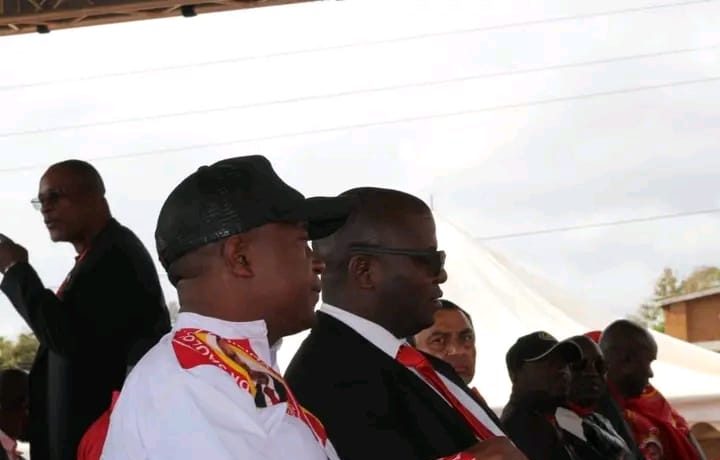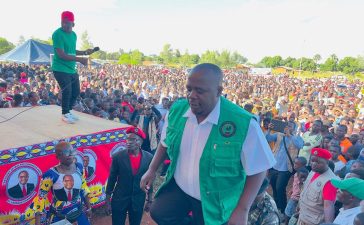In the realm of politics, few things are as precarious as leading a party with a candidate facing serious legal challenges. Dalitso Kabambe, the president of the United Transformation Movement (UTM), stands at the epicenter of such a predicament as the September 16 elections draw near. His continuing candidacy amidst allegations of financial mismanagement and abuse of office raises fundamental questions about not only his viability but also the strategic direction of UTM itself.
Kabambe’s assertion that the charges are politically motivated and his insistence on being the torchbearer for UTM reflect a courageous—yet potentially reckless—determination to push forward. However, such defiance must be tempered with the sobering reality of political consequences. If one considers not just the legal implications, but the erosion of voter confidence stemming from ongoing scrutiny, the UTM leadership finds itself at a wobbling juncture.
Members of the UTM governing council have expressed reservations of fronting Kabambe as torchbearer. The murmurs of these concern within the party’s governing council are legitimate. Discontent has brewed over the possibility of being left vulnerable on the election battlefield if Kabambe’s legal troubles escalate and derail his candidacy. The stakes are too high for UTM to disregard these challenges as mere political tactics; should Kabambe find himself disqualified, the party would face a crisis of huge proportions.
The internal divisions noted in party ranks point to deeper fissures in UTM’s strategy. Party loyalty is crucial, yet the willingness of members to question their leader underscores the fragility of political alliances when confronted with uncertainty. It ultimately begs the question: Is loyalty to a potentially compromised figure a tactical misstep for a party striving to redefine itself in the eyes of the electorate?
UTM is expected to unavoidably confront the realities of Kabambe’s legal situation while also considering the broader implications for its identity and electoral prospects. Elections are not just about selecting a candidate—they are about shaping a narrative. If voters perceive UTM as entangled in controversy without a clear path forward, the party risks ceding ground to competitors unburdened by such baggage.













